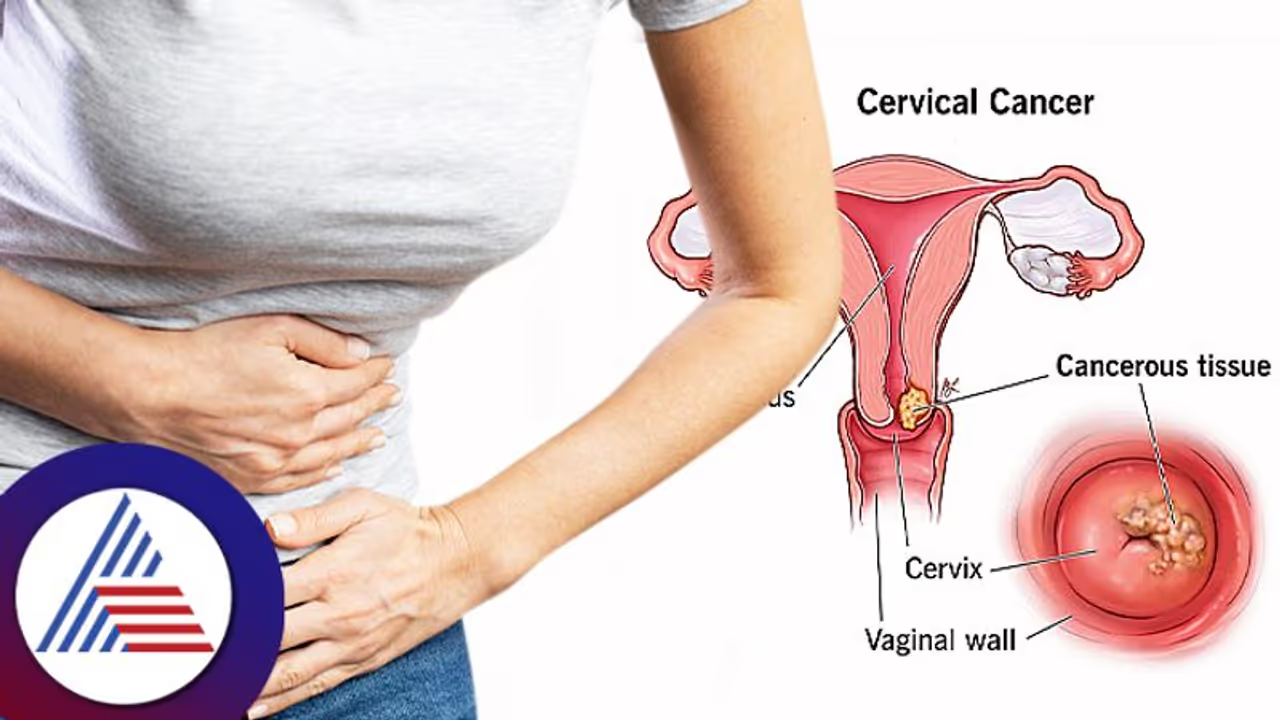Dr. Sameena H, Consultant Obstetrics and Gynecologist, KMC Hospital, Mangalore, explained to us the importance of cervical cancer vaccination for women and how we can reduce the risk.
Cervical cancer is the most frequent cancer in Indian women and the second most common cancer in women globally, owing primarily to Human Papillomavirus infection. Cancer develops in the cervix's cells, the lowest section of the uterus that attaches to the vagina. It is a slow-growing malignancy that may not show any symptoms at first.

Other risk factors for cervical cancer include having multiple sexual partners, smoking, and a weak immune system. Women with a history of sexually transmitted infections or a family history of cervical cancer may also be at increased risk.
The current estimate indicates approximately 1,32,000 new cases diagnosed and 74,000 deaths annually in India, accounting to nearly 1/3rd of the global cervical cancer deaths. India women face a 2.5% cumulative death risk from cervical cancer. At any given time, about 6.6% of women in the general population are estimated to harbor cervical HPV infection.
Also Read: Can cancer treatment and other conditions cause patient's fertility?
One of the main reasons why cervical cancer is so deadly is that it often has no symptoms in its early stages. When symptoms start to show up, the cancer may already have migrated to other bodily regions. This is why it is so important for women to get regular screenings for cervical cancer, such as the Pap test and the HPV test. These tests can help detect cervical cancer in its early stages, when it is most treatable.
Adherence to routine screening by the susceptible female population through periodic pap smears, even in developed countries, has been unsatisfactory, whereas in developing countries like India, large-scale routine screening is difficult to achieve. Though there are several methods of preventing of cervical cancer, prevention by vaccination is emerging as the most effective option, with the availability of 3 types of vaccines.
Also Read: Serum Institute's vaccine against cervical cancer to be available soon
Vaccination against HPV can help prevent cervical cancer by protecting against the types of HPV most likely to cause cancer. The HPV vaccine is most effective when it is given to young people before they become sexually active. It is recommended for girls and boys aged 11 to 12, and for adolescents and young adults who have not yet received the vaccine.
In addition to vaccination, there are several other steps that women can take to reduce their risk of cervical cancer. These include:
- Practising safe sex: Using condoms and other barriers can help reduce the risk of HPV infection and other sexually transmitted infections.
- Not smoking: Smoking damages the DNA in cells and can increase the risk of cancer.
- Maintaining a healthy weight: Obesity has been linked to an increase risk of cervical cancer.
- Getting regular screenings: Regular screenings, such as the Pap test and the HPV test, can help detect cervical cancer in its early stages, when it is most treatable.
Also Read: Cervical Cancer vaccines: Who should take it - when and why?
In conclusion, cervical cancer vaccination is critical for women because it can help prevent one of the leading causes of cervical cancer: HPV infection. Cervical cancer is a leading cause of cancer deaths in women worldwide, and it is often deadly because it has no symptoms in its early stages. Vaccination against HPV can help prevent cervical cancer and save lives. Women should talk to their doctors about their options for prevention and early detection, including vaccination, and take steps to reduce their risk of cervical cancer.
